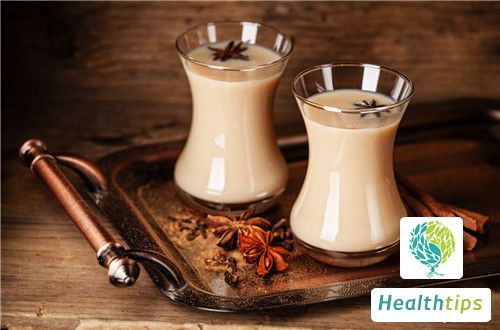During menstruation, it is recommended to avoid drinking milk tea, especially iced milk tea, as it can easily increase menstrual pain or lead to abnormal menstruation, ultimately causing uterine coldness and menstrual pain. If you can't resist, drinking a cup of warm milk tea occasionally is acceptable.

Milk tea contains a large amount of fat, sugar, and additives, and long-term consumption is not conducive to good health and can easily lead to weight gain. Therefore, drinking milk tea is not recommended in daily life.
During menstruation, drinking milk tea occasionally is entirely possible. However, when drinking milk tea, it is important to control the temperature, drinking warm milk tea instead of iced milk tea. Consuming a large amount of cold beverages during menstruation can lead to uterine coldness, which can cause changes in menstruation, such as reduced menstrual flow and dark-colored blood. Long-term uterine coldness can lead to uterine coldness-related abdominal pain or menstrual pain, and severe uterine coldness can cause infertility. If you want to drink milk tea, limit it to one cup per day and avoid excessive consumption.
Long-term consumption of milk tea is not conducive to good health. After all, milk tea is a beverage that contains high sugar and fat content. Drinking too much milk tea can easily lead to the accumulation of excess fat and sugar in the body, resulting in weight gain. Additionally, milk tea purchased from outside sources is not ideal for health. Therefore, it is not recommended to drink milk tea excessively at any time, and it should not be consumed as a replacement for water, as this is not good for the body.

